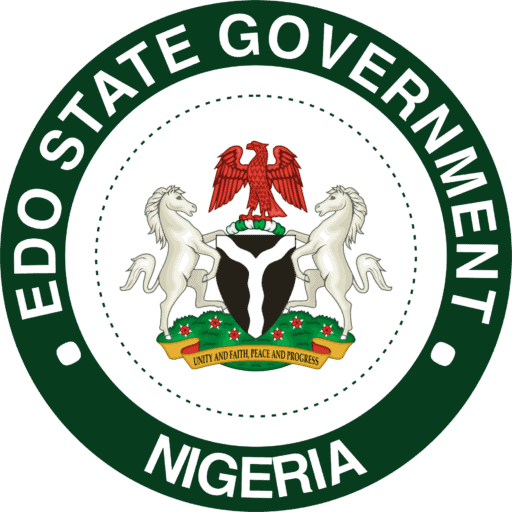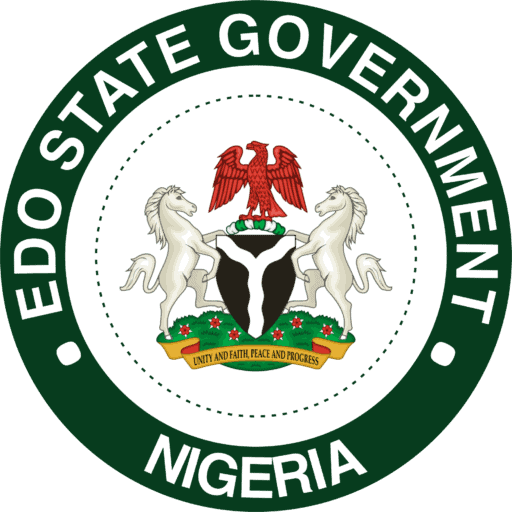
A coalition comprising of the African Export-Import Bank (Afreximbank), Bank of Industry (BOI), Nigeria Sovereign Investment Authority (NSIA) and Nigeria SEZ Investment Company Limited (NZESCO) have signed a pact to fund special economic zones(SEZs) in the country. The plan is to raise $500 million equity in the first five years for the project in the economy’s interest.
The Federal Government, Development Finance Institutions (DFIs) and Nigeria SEZ Investment Company Limited (NZESCO) are to build export-oriented Special Economic Zones (SEZs) to lift the country’s economic development. The SEZs are operating against the backdrop of highly efficient infrastructural facilities, less bureaucracy and streamlined one-stop-shop operational procedures. DFIs, NZESCO, African Development Bank (AfDB) and Africa Finance Corporation (AFC) have united to make SEZs a reality, including the Enyimba Economic City in Abia State. Even as major DFIs are committing to funding the development of the special economic zones in Abuja, work had commenced on the Enyimba Economic City in Abia State.
Speaking on the project, Managing Director of the Bank of Industry, Kayode Pitan, said: “We agreed to be part of the project because it has been long overdue. We have no doubt that it will succeed”. For Abia State Governor Okezie Ikpeazu and the communities that donated land, it was hope kept alive as the management of NZESCO and the Chief Executive Officers of Afreximbank, Bank of Industry and Nigeria Sovereign Investment Authority (NSIA) signed the project contract at a ceremony inAso Villa, presided over by President Muhammadu Buhari. According to the Industry, Trade and Investment Minister, Okechukwu Enelamah, the SEC project is being implemented under the President’s direct supervision. He said the initial projects such as the Enyimba Economic City, are underway and feasibility studies are going on in eight states. The three DFIs are among the five to partner with NSEZCO and the Ministry of Finance Incorporated. The NSEZCO intends to raise at least $500 million in equity over the first five years to develop the SEZs in the country. The other investment partners are the African Development Bank (AfDB) and Africa Finance Corporation (AFC).

The President described the ceremony as another landmark in the journey to industrialise Nigeria and create jobs for people; and praised the DFIs for their strong demonstration of support for this important project. On his part, Benedict Oramah President and Chairman of the Board of Directors of Afreximbank, expressed the appreciation of the bank to the Federal Government for the opportunity to be part of the project. He said the objectives of the bank align with that of the project and they are pleased with the ability of the project to grow industrialisation. Managing Director of Nigeria Sovereign Investment Authority, Uche Orji, also thanked President for the opportunity of the NSIA to participate in the project. “The board saw it as an opportunity to help SEZCOs lift the country through industrialisation. It is a good platform for attracting investors and we look forward to its implementation,” he said.
At that same venue a few months back, the President had presided over the signing of an agreement for the development of Enyimba Economic City. Okezie said: “Most of our people don’t bequeath legacies that are futuristic. I am from the SouthEast and I am pushing for the Enyimba Economic City. This project will blossom and create 200,000 jobs because of the sheer enormity of the positive effects on my people. I see the concomitant impact on the life of my people and the area. “I know my people are people who want to create things, so all you need to do is to make them neighbours to people who are actively manufacturing.” The Enyimba Economic City project believed to be capable of sparking an industrial revolution in the South-East is a 9, 803 hectares of land, spanning three local government areas of Ukwa East, Ukwa West and Ugwunagbo. It is located at the centre of the five SouthEast and four SouthSouth states and it is to be designed to drive massive economic expansion of the region and by extension Nigeria. The agreement for Economic City is a public-private partnership of NSEZCO, which holds 20 per cent stake, with the Abia State Government and Crown Realities Plc.
Abia State Commissioner for Lands, Survey and Urban Planning, Uche Ihediwa, signed the agreement on behalf of the state government; Femi Edun, a director of NSEZCO signed for the Federal Government, while Darl Uzu signed for Crown Realities Limited, the private sector developer. Uzu, who is also the Managing Director of Enyimba Economic City Development Company Limited, noted that “the investment will facilitate the development of the economic city in line with government’s policy objectives and have a transformational impact in the entire South-Eastern and South-Southern area of the country.” But the special economic zones hold much more promise for the entire country and the rest of the continent. Indeed, the accelerated pre-development work had been carried out by a multi-disciplinary team of consultants including Surbana Jurong of Singapore; CBRE, India; Allott Nigeria Limited; Roughton International, Price Waterhouse Coopers, and a number of others.
And further to the Memorandum of Understanding signed with the Federal Ministry of Industry, Trade and Investment in June 2018, Shandong Ruyi Group of China who met with President during his visit in China announced an investment commitment of $2 billion to the Cotton, Textile and Garment industry in Nigeria by way of anchor investments in manufacturing facilities in Enyimba Economic City, Abia State, Funtua Cotton Cluster and Lekki Free Trade Zone. In Lekki, the Lagos State Government has allocated a parcel of 1,000 hectares of land in the North East Quadrant of the Lekki Free Zone to the project company to be owned jointly by its holding company, Lekki Worldwide Investments Limited and NSEZCO.
Project MINE (Made in Nigeria for Export) which is to develop the world-class special economic zones (SEZ) is designed to position Nigeria as the pre-eminent manufacturing hub in sub-Saharan Africa, and a major exporter of made-in- Nigeria goods and services regionally and globally. The project was indeed envisioned by the Federal Ministry of Industry Trade and Investment and the Nigeria Export Processing Zone Authority. According to NSEZCO, it had been noted from recent economic history that when SEZs are developed within a coherent, well designed, executed and funded framework, they help developing countries to utilise their factor endowments and comparative advantage to industrialise, diversify their economies and achieve prosperity for their people within one generation. Such countries, an official of the company explained, have used SEZs to overcome infrastructural disadvantages and constraints, mobilise substantial domestic and foreign direct investment; increase technology penetration, attract new skills and technologies, integrate into global value chains, create large number of quality jobs, increase export earnings, and achieve structural transformation of their economies. Project MINE seeks to boost structural transformation of the Nigerian economy by increasing the manufacturing sector’s contribution to GDP to 20 per cent by 2025. It was also meant to increase and diversify foreign exchange earnings to at least $30 billion annually by 2025, by increasing manufacturing sector exports and create local models of global best practice in provision of world-class infrastructure at competitive costs connecting SEZs to international and regional markets with transport links, uninterrupted power, ICT, water, sewage and other services to ensure smooth and efficient operation of SEZ businesses.


